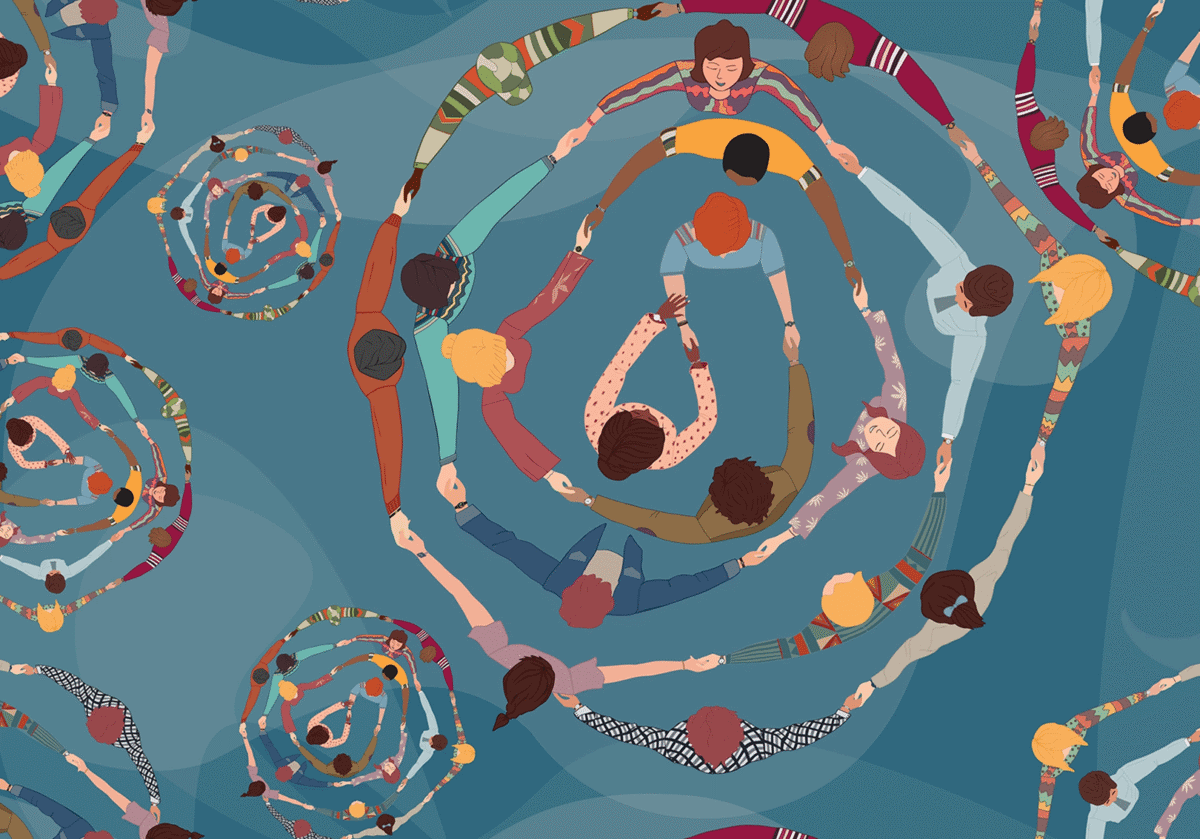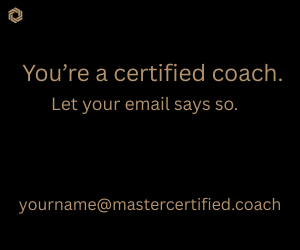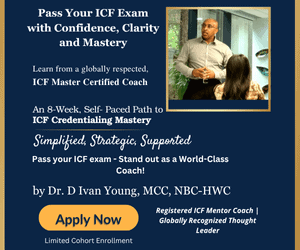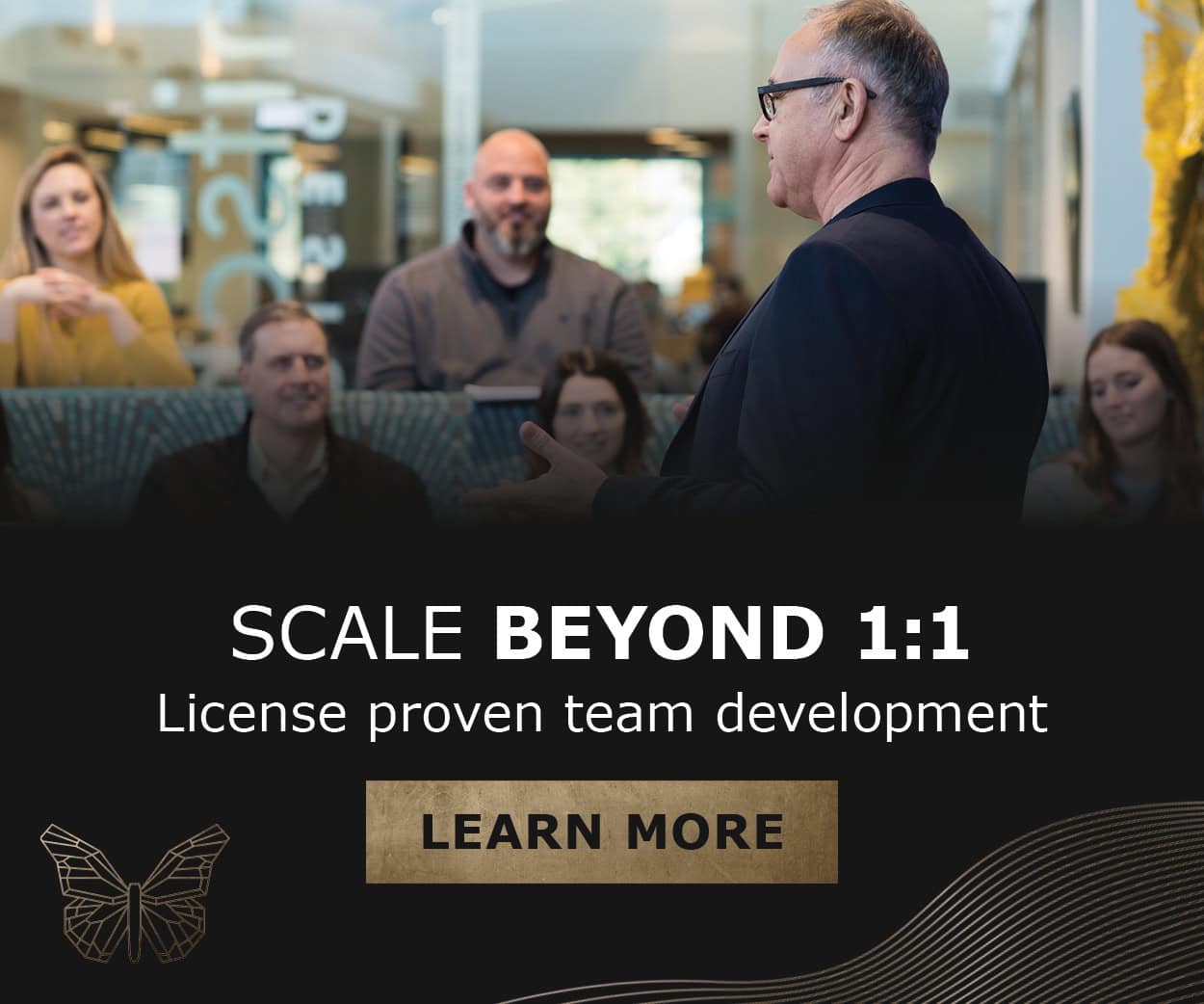I must admit, the last time I had mentor coaching was in 2013, while I was still going through The University of Miami Certified Professional Coach Program. Until I had to renew my Associate Certified Coach (ACC) credential last year, Mentor Coaching was the last thing on my list I thought I would need to help strengthen my coaching competencies.
The International Coaching Federation (ICF) Credential Renewal process requires 40 hours of Continuing Coach Education (CCE). For ACC Credential holders, this includes completion of 10 hours of Mentor Coaching over the three-year Credential cycle. ICF defines Mentor Coaching as an engagement to provide coach-applicants (mentees) with “professional assistance in achieving and demonstrating the levels of coaching competency demanded by the credential level sought by the mentee.” Moreover, the engagement has a focus of working specifically on a mentees’ coaching skills.
Core Competencies at Mentor Coaching Sessions
ICF defines coaching as a “partnership with clients in a thought-provoking and creative process that inspires them to maximize their personal and professional potentials.” As ICF-credentialed coaches, we embody eight Core Competencies that align with four main pillars: setting the foundation; co-creating the relationship; communicating effectively; and cultivating learning and growth.
Mentor Coaching is one of the many educational channels that ICF-credentialed coaches can use to further develop their coaching skills. At a Mentor Coaching session, you (the mentee) would determine areas of coaching skill development that you would like to work on and gain clarity around your strengths and areas in need of improvement. So, before attending a Mentor Coaching session, revisit the ICF Core Competencies and assessment markers to prepare yourself.
Experience in Group and Individual Mentor Coaching Rounds
Regardless of if you are joining a group or individual Mentor Coaching round, each is structured with a clear purpose and defined areas of coaching skills development that the mentee wants to review and be provided feedback on. If you haven’t had Mentor Coaching for some time, I would certainly recommend participating in a group mentor coaching first, so that you have the opportunity to observe various coaching styles from each of coach-applicants (mentees) in the room (which is often Zoom these days).
My experience in group mentor coaching rounds was invaluable, as the 90-minute session gave me the opportunity to think through the Core Competencies again and discuss strengths and stretches with peer coaches. I also felt that 15-minute coaching in the group session was beneficial, because participating coaches would share what they hear and do not hear, and provide constructive feedback on the coaching agreement, relationship with the client and your communication effectiveness.
At individual Mentor Coaching sessions, you have more time with your Mentor Coach to work on specific Core Competencies and, moreover, to explore your coaching style. Before each session with your Mentor Coach, I would recommend re-listening to your recordings, and making notes on your strengths based on assessment markers, and areas that you would like your coach to help you fine-tune further.
In my sessions, I was able to hone in on two specific Core Competencies to work on. Because of the trusted relationship I had with my Mentor Coach, she gave me insight into areas that I didn’t notice, particularly the “Listens Actively” competency, which explores clients’ behaviors or energy shifts.
Awareness & Confidence
“Once we believe in ourselves, we can risk curiosity, wonder, spontaneous delight, or any experiences that reveals the human spirit.” – E.E. Cummings.
Mentor Coaching is one of the great learning channels for seasoned coaches to continue developing their coaching skills. It has helped me reflect on my coaching strengths, which then gives me the motivation and confidence to pursue my next coaching milestone: the Professional Certified Coach (PCC) Credential.
Disclaimer
The views and opinions expressed in guest posts featured on this blog are those of the author and do not necessarily reflect the opinions and views of the International Coach Federation (ICF). The publication of a guest post on the ICF Blog does not equate to an ICF endorsement or guarantee of the products or services provided by the author.
Additionally, for the purpose of full disclosure and as a disclaimer of liability, this content was possibly generated using the assistance of an AI program. Its contents, either in whole or in part, have been reviewed and revised by a human. Nevertheless, the reader/user is responsible for verifying the information presented and should not rely upon this article or post as providing any specific professional advice or counsel. Its contents are provided “as is,” and ICF makes no representations or warranties as to its accuracy or completeness and to the fullest extent permitted by applicable law specifically disclaims any and all liability for any damages or injuries resulting from use of or reliance thereupon.
Authors
Post Type
Blog
Audience Type
Coach Educators, Experienced Coaches, External Coaches, ICF Chapter Leaders, Internal Coaches, New Coaches, Professional Coaches, Team and Group Coaches
Topic
Coaching Toolbox, Discover - Your Coaching Career
Related Posts
Your Guide to Preparing for the ACC Exam
Much like a smartphone upgrade that introduces improvements for a smoother user…
How Coaching Is Driving Inclusion Around the Globe: Lessons from Local ICF Chapters
When a group of mothers in Kazakhstan, many of whom had never…
Belonging Beyond Numbers: How ICF Demographic Trends Are Shaping the Future of Coaching
What does it really mean to belong? For the International Coaching Federation…








